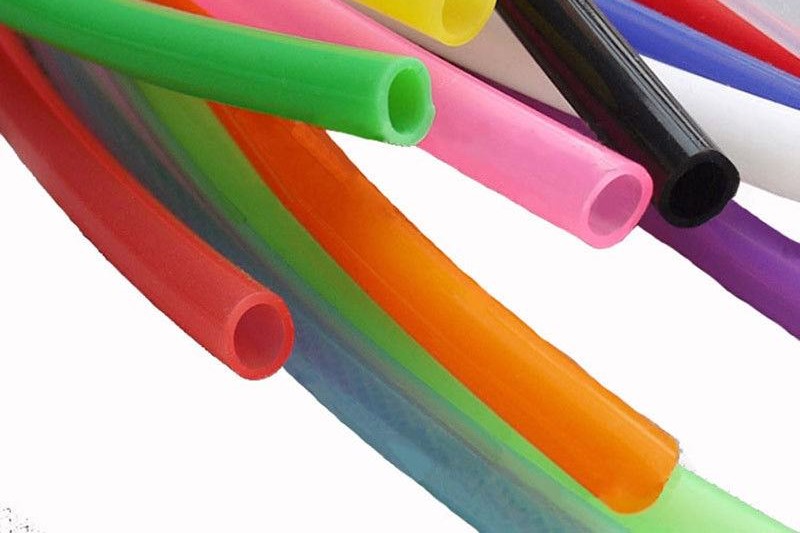In the realm of industrial and scientific applications, silicone tubing has emerged as a versatile and reliable solution for fluid handling. Whether it’s in the medical field, food and beverage industry, or laboratory settings, silicone tubing offers exceptional performance and a wide range of benefits. In this article, we will delve into the world of silicone tubing, exploring its significance, construction, and advantages across various sectors.
Understanding Silicone Tubing
Silicone tubing is a flexible and durable tube made from silicone rubber, a synthetic elastomer with unique properties. This type of tubing is widely used for fluid transfer, where compatibility with sensitive materials, high temperatures, and stringent hygiene standards are required. Silicone tubing is known for its excellent resistance to temperature extremes, chemicals, and aging, making it a preferred choice in industries where reliability and safety are paramount.
Construction and Composition
Silicone tubing is manufactured using high-quality silicone rubber, which is derived from silicone polymers. The rubber is specially formulated to exhibit excellent flexibility, resilience, and resistance to temperature and environmental factors. Silicone tubing is available in various sizes, wall thicknesses, and colors to accommodate different application requirements. It can be sterilized through autoclaving or gamma irradiation, making it suitable for medical and laboratory settings.
Advantages of Silicone Tubing
- Temperature Resistance: One of the key advantages of silicone tubing is its exceptional resistance to temperature extremes. It can withstand both high and low temperatures, ranging from -60°C to 200°C (-76°F to 392°F) and beyond, without compromising its physical properties. This makes silicone tubing ideal for applications involving hot fluids, steam, and sterilization processes.
- Chemical Compatibility: Silicone tubing exhibits excellent resistance to a wide range of chemicals, including acids, bases, solvents, and pharmaceutical substances. It maintains its structural integrity and does not degrade or react with most chemicals, ensuring the purity and safety of the fluids being transferred. This chemical compatibility makes silicone tubing suitable for pharmaceutical, biotechnology, and food and beverage industries.
- Flexibility and Durability: Silicone tubing offers exceptional flexibility, allowing for easy installation, routing, and bending around equipment or obstacles. It retains its flexibility even at low temperatures, ensuring efficient fluid transfer in various operating conditions. Additionally, silicone tubing is highly durable, with excellent resistance to tearing, kinking, and abrasion, resulting in extended service life and reduced maintenance requirements.
- Biocompatibility and Sterilizability: Silicone tubing is biocompatible, meaning it is safe for contact with human tissues and fluids. This property makes it widely used in medical applications, such as catheters, peristaltic pumps, and respiratory equipment. Furthermore, silicone tubing can be easily sterilized through autoclaving or gamma irradiation, ensuring the highest level of hygiene and preventing contamination.
- Transparent and Versatile: Silicone tubing is available in transparent or translucent forms, allowing for visual inspection of fluid flow. This transparency is particularly beneficial in laboratory and medical settings where observation and monitoring are necessary. Moreover, silicone tubing can be used in a wide range of applications, including fluid transfer, peristaltic pumping, pharmaceutical manufacturing, food and beverage processing, and more.
Conclusion
Silicone tubing has established itself as a reliable and versatile solution for fluid handling in various industries. Its exceptional temperature resistance, chemical compatibility, flexibility, durability, biocompatibility, and sterilizability make it a preferred choice in applications where stringent requirements must be met. From medical devices to laboratory equipment and food processing, silicone tubing ensures efficient fluid transfer, reliability, and safety. With its unique properties, silicone tubing continues to play a vital role in driving innovation and progress in diverse sectors.


